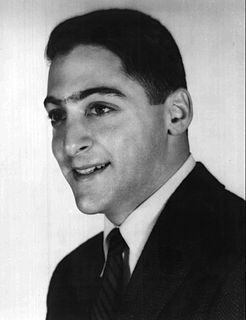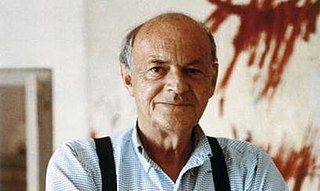A Quote by Mike Todd, Jr.
In Zen brush-painting, the circle is a master's problem. It represents everything and nothing, and in so doing, the universe.
Related Quotes
Zen enriches no one. There is no body to be found. The birds may come and circle for a while in the place where it is thought to be. But they soon go elsewhere. When they are gone, the "nothing," the "no-body" that was there, suddenly appears. That is Zen. It was there all the time but the scavengers missed it, because it was not their kind of prey.
Zen is really extraordinarily simple as long as one doesn't try to be cute about it or beat around the bush! Zen is simply the sensation and the clear understanding ... that there is behind the multiplicity of events and creatures in this universe simply one energy -- and it appears as you, and everything is it. The practice of Zen is to understand that one energy so as to "feel it in your bones.
I sit for two or three hours and then in 15 minutes I can do a painting, but that's part of it. You have to get ready and decide to jump up and do it; you build yourself up psychologically, and so painting has no time for brush. Brush is boring, you give it and all of a sudden it's dry, you have to go. Before you cut the thought, you know?




























